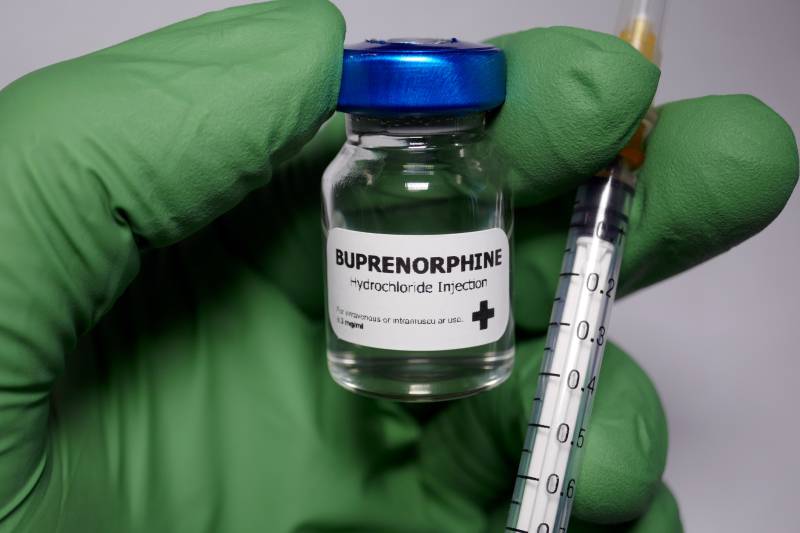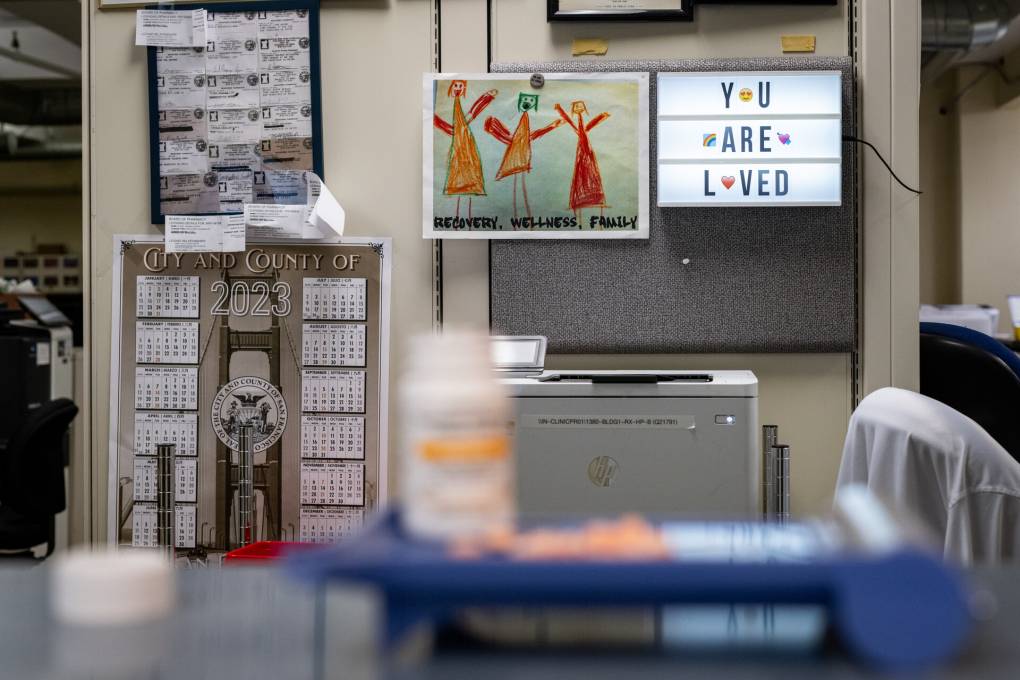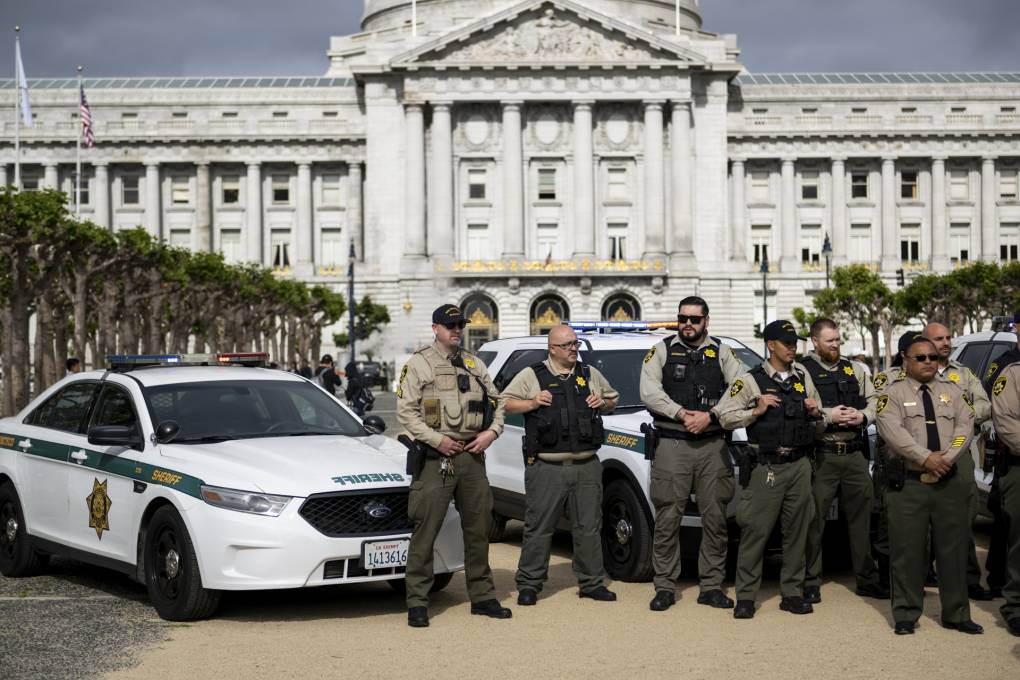“We want to be sure that the public knows that highly effective and lifesaving medications are available in San Francisco to treat people with addiction to fentanyl and other opioids,” said Dr. Hillary Kunins, director of behavioral health services and Mental Health SF. “At DPH, our priority is to increase the accessibility of substance use treatment services so that more people can enter treatment and regain their lives.”
Health officials attribute part of their lifesaving measures to a novel approach they’ve pioneered: microdosing buprenorphine, a medication proven to help people quit opioid painkillers, out of community hospitals.
Chief Medical Officer Dr. Joanna Eveland said patients addicted to opioids can begin microdosing buprenorphine with as little as one milligram a day to help them overcome the intense cravings and painful withdrawal symptoms that occur when somebody physically dependent on opioids stops using them suddenly.
“The challenge with buprenorphine is first getting started on the medication. If you start too early, while you still have another strong opioid in your system, like fentanyl, you can actually experience withdrawal symptoms,” Eveland said. “My patients who are taking buprenorphine report that they feel normal and stable. They can go back to work. They can take care of their families.”
San Francisco Department of Public Health researchers published their findings on custom-tailored microdosing buprenorphine treatments — which they call the “Howard Street Method” — last year in the journal of the American Society of Addiction Medicine.
Their research found that 27 people were treated with the Howard Street Method, all but one picked up their prescription for buprenorphine and 14 completed the program. Eighty percent of the people completing the program reported no symptoms of withdrawal and only three reported mild symptoms. A third ceased all opioid use.
Overall, researchers concluded the microdosing Howard Street Method was a “viable intervention for starting buprenorphine treatment and a promising alternative method for buprenorphine initiation in an under-resourced, safety-net population of people using fentanyl.”



